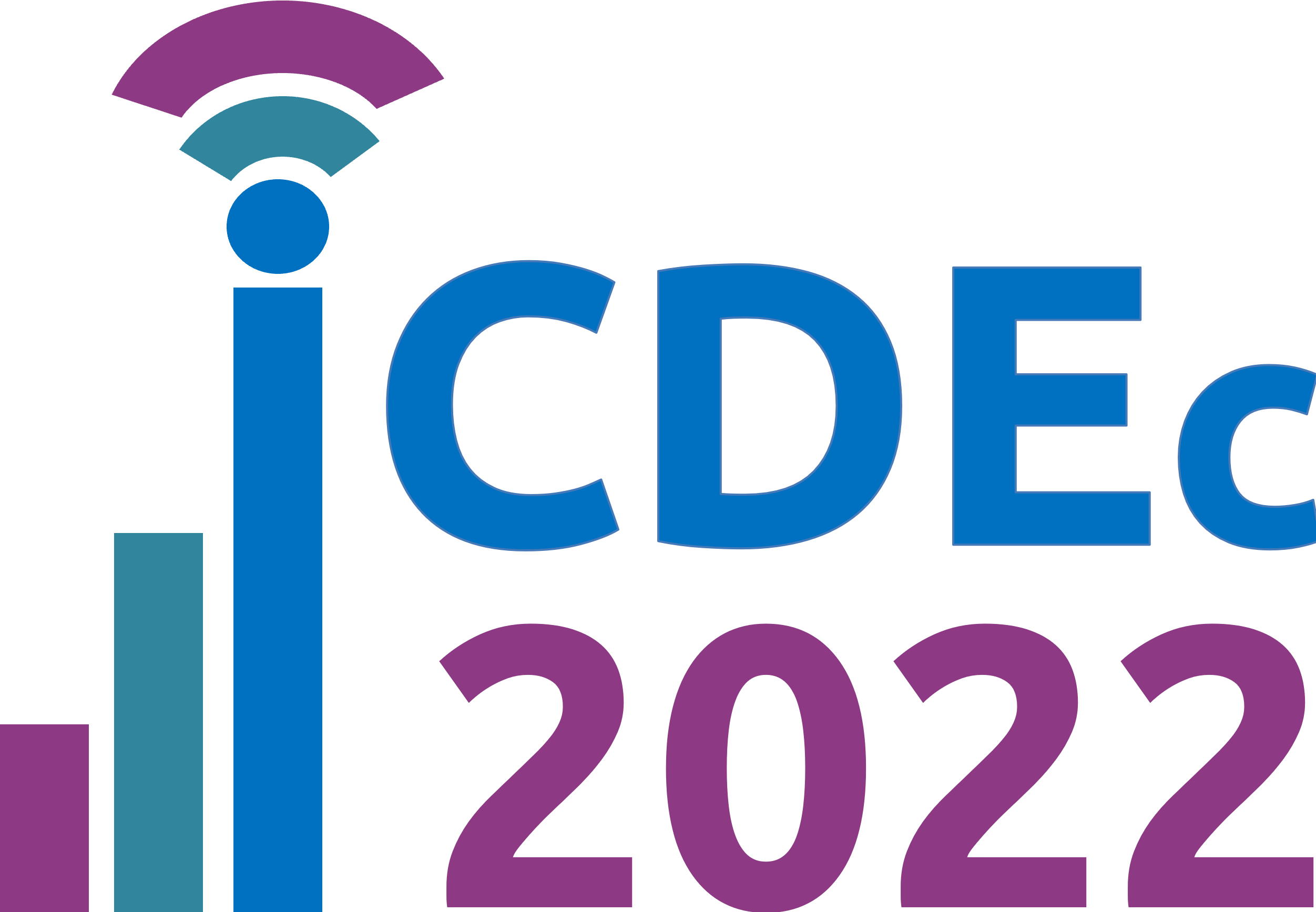
Adriana Davidescu
Bucharest University of Economic Studies, Romania
Adriana AnaMaria DAVIDESCU (ALEXANDRU) is Full Professor at the Department of Statistics and Econometrics of the Bucharest University of Economic Studies Romania and senior researcher at the Department of Labour Market Policies of the National Scientific Research Institute for Labour and Social Protection, having more than 14 years of experience in socio-economic research.
She has more than 14 years of expertise in the field of informal economy coordinating or being member of the research team of national and international projects. Adriana Davidescu has coordinated as director numerous national research projects in the field of informality, holding in 2017 the position of senior expert of the European Commission in the project aimed at implementing the mission, objectives and activities of the European Platform to strengthen cooperation in tackling Undeclared Work.
She has extensive experience in the evaluation of projects and public programs as an expert in quantitative analysis and application of statistical and econometric methods in the process assessment, being involved in projects for policy assessment and measures to encourage active ageing, assessment of active measures on reducing unemployment and increasing employment, evaluation of employment increasing measures oriented toward rural area population, evaluations and forecasts of informal employment in strengthening the institutional capacity of The National/Regional Agency for Employment, assessment of the National Strategy for Research, Development and Innovation 2014-2020.
She has demonstrated knowledge and experience with quantitative and qualitative economic analysis and modeling techniques, background in the field of macroeconomics, as well as experience in applied econometrics, macroeconomic and microeconomic analysis, data validation and statistical analysis, predictive analysis, expertise in employment policy and labour market analysis. She was member of member of European correspondents Eurofound 2014-2018, The European Foundation for the Improvement of Living and Working Conditions (Eurofound) Romania and also CNSPIS member during the period 2016-2018.
Two faces of the same coin: Exploring the multilateral perspective of informality in relation to Sustainable Development Goals. Fostering formal work with digital tools
Digital transformation of the labour market is challenging the notion of decent work with new forms of informality. There is an increasing trend to apply digital tools in policy design and implementation for accelerating the transition to formality. The pandemic shows how digitalisation can affect the precarity of informal work.
Mankind is going through a crucial stage of awareness of responsibilities for its own actions that have generated serious imbalances both in society and at the environmental level, overwhelming its future. Achieving a fair, prosperous and sustainable future is realised through the adoption of the 2030 Development Agenda, which includes 17 Sustainable Development Goals (SDGs) and has 169 goals.
According to the 2030 Agenda, the concept of “leaving no one behind” (Samman et al., 2019) focuses on reducing social and economic cleavages and including discriminated and marginalized groups, including those participating in informal activities. In the light of the recent global situation, international organizations are strengthening the relevance of considering informality in various concepts, including resilience, sustainable development, social economy or circular economy.
Therefore, the presentation is focused on the one hand, on the presentation of the research field of informality from a dual perspective—unilateral versus multilateral—in relation to Sustainable Development Goals, based on research publications extracted from Web of Science published between 1978-2021 and on the other hand, on highlighting the relevance of knowing the main determinants of the phenomenon, emphasizing that keeping the incidence of the shadow economy and its causes under control could offer an alternative in the process of achieving the sustainable development. Last, but not least the presentation highlights some approaches on fostering formal work with digital tools. Digitalisation is redefining work in the informal labour market. Digitalisation is remaking the world of work, not least in the vast informal economy that provides livelihoods for more than 2 billion people worldwide.
Leith Campbell
Adjunct Professor in the School of Engineering at RMIT University Australia.Managing Editor of Journal of Telecommunication and Digital Economy
Speech: Spreading the Word on the Digital Economy
Radu Constantinescu
CEO of QualitanceAssociate Professor Bucharest University of Economic Studies
Department of Informatics and Cybernetics
Speech: Total Experience. How to create user-focused digital products that accelerate business growth


